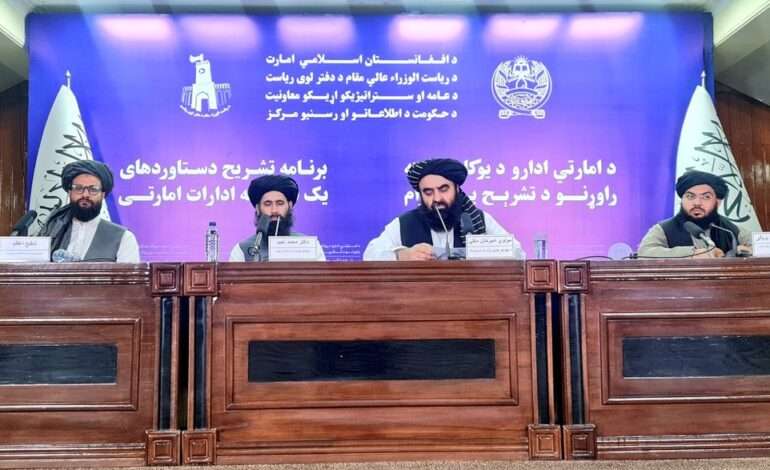
Afghanistan protests Pakistani drone strikes in Nangarhar and Khost
Afghanistan’s foreign ministry on Thursday summoned Pakistan’s ambassador in Kabul to protest what Taliban authorities described as Pakistani military strikes in Nangarhar and Khost provinces. The ministry condemned the overnight strikes, calling them a violation of Afghan sovereignty and a “blatant breach of territorial integrity.”
According to Afghan officials, the strikes killed at least three people and injured seven others. Local reports suggest the toll may be higher. Khaama Press, citing provincial sources, reported that 13 civilians, including women and children, were killed or wounded in the drone attacks.
In Nangarhar’s Shinwar district, a residential home was struck, leaving four children and a woman among the injured. In Khost’s Spera district, a second strike killed two civilians and injured six more, sparking panic in the area. Residents accused Pakistani drones of deliberately targeting civilian homes.
This is not the first time Pakistan has carried out cross-border strikes. Earlier this year, Pakistani aircraft bombed Paktika’s Barmal district, killing at least 46 people, mostly women and children. Rights groups have repeatedly warned that such actions could inflame tensions and worsen instability in the volatile border regions.
The Afghan Foreign Ministry said in its protest note that “such irresponsible actions will inevitably lead to consequences,” warning Islamabad against further violations.
The latest incident comes amid already strained ties between the two neighbors. Pakistan has long accused the Taliban of harboring Tehreek-e-Taliban Pakistan (TTP) militants, who have stepped up attacks inside Pakistan since the Taliban’s return to power in Kabul.
Border disputes and cross-border militancy have frequently disrupted relations. Earlier this year, Pakistan shut key crossings after a surge in attacks, prompting Afghanistan to impose restrictions on trade and movement. Despite high-level meetings, little progress has been made on addressing security concerns, leaving ties fragile and mistrust high.